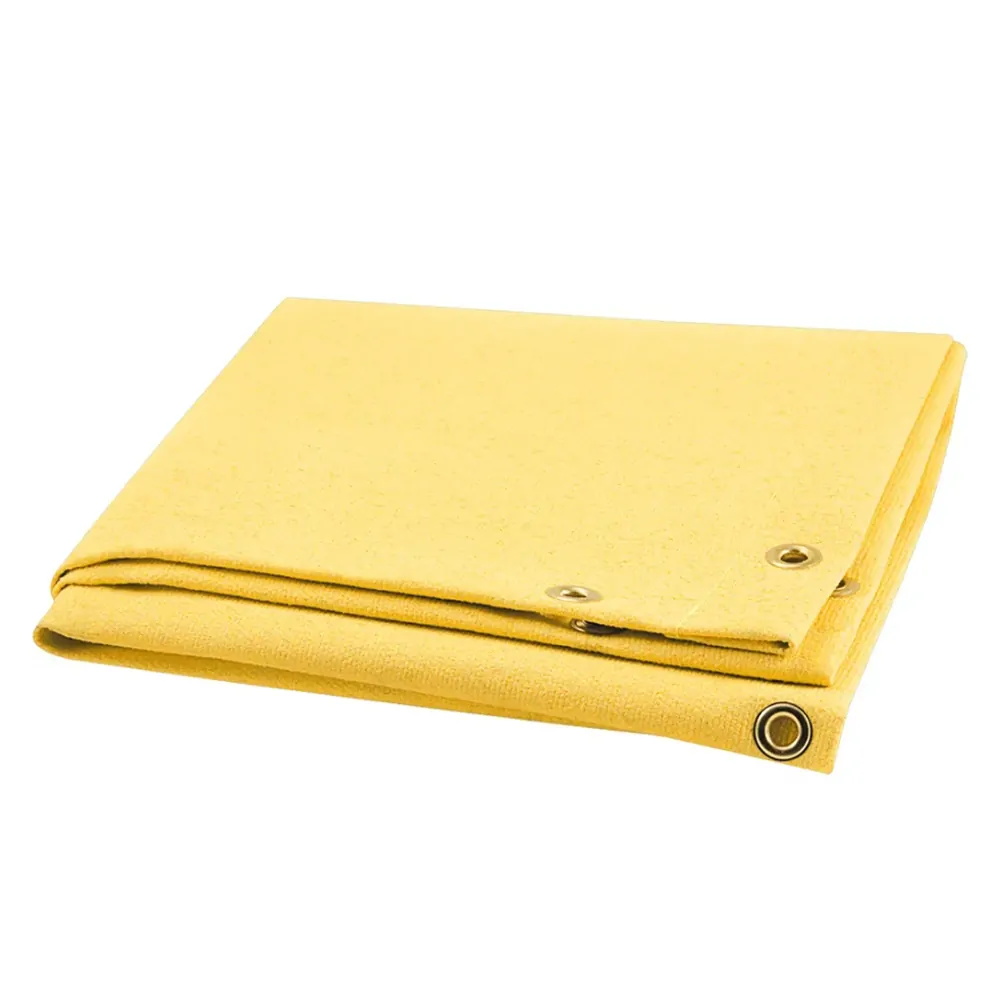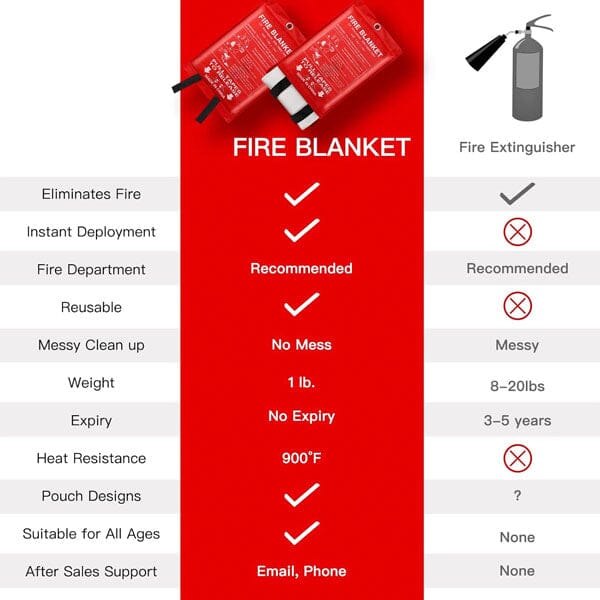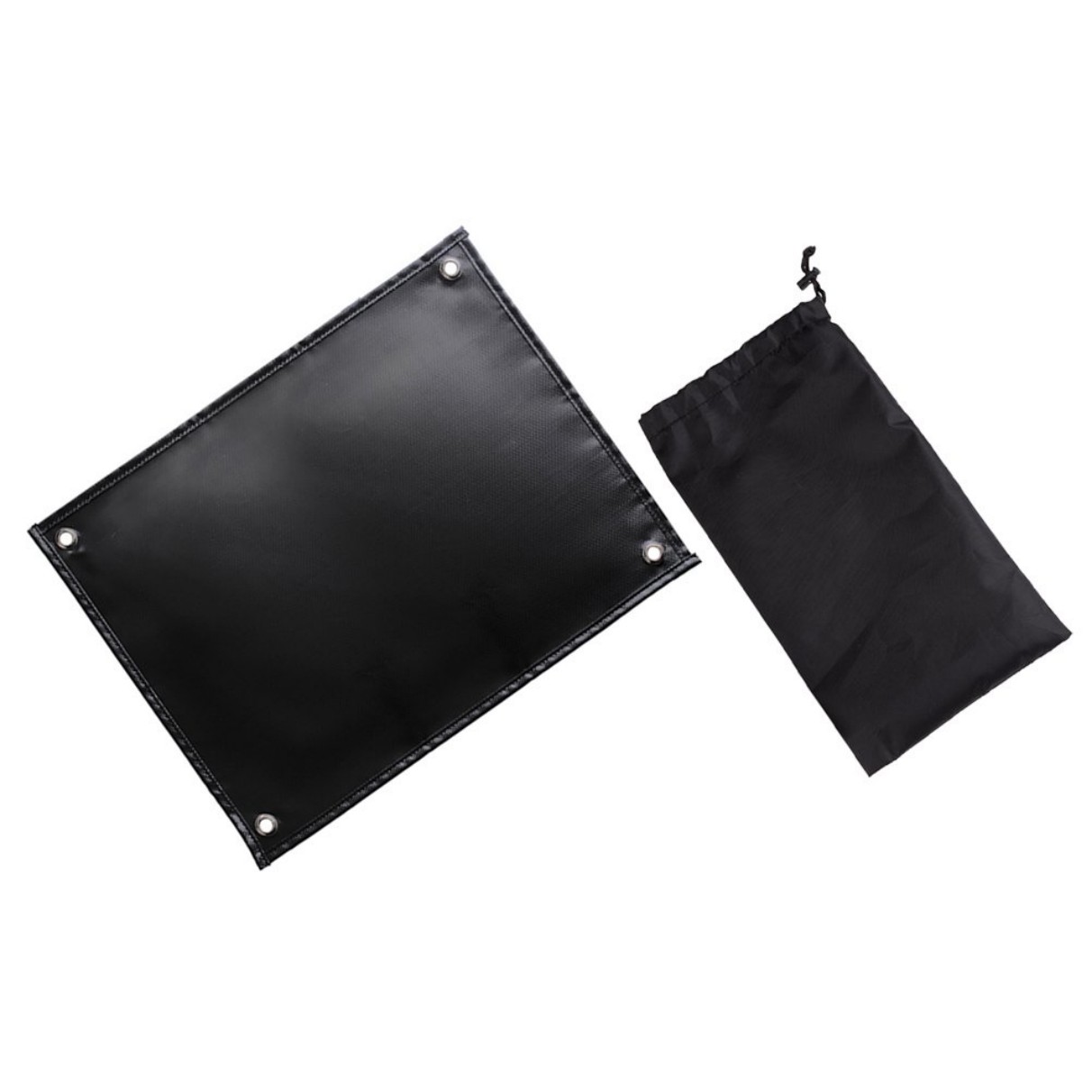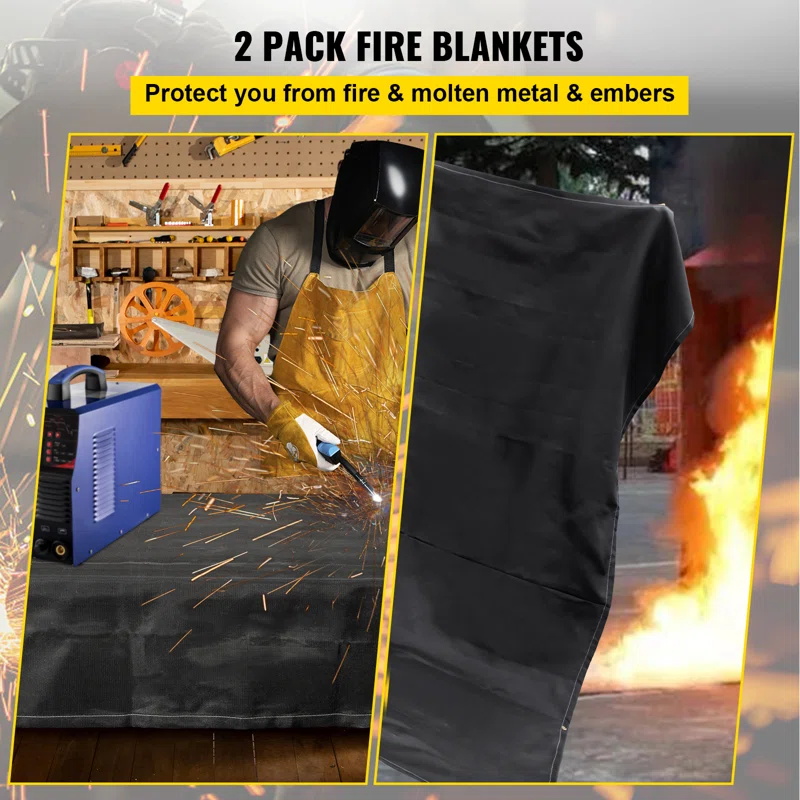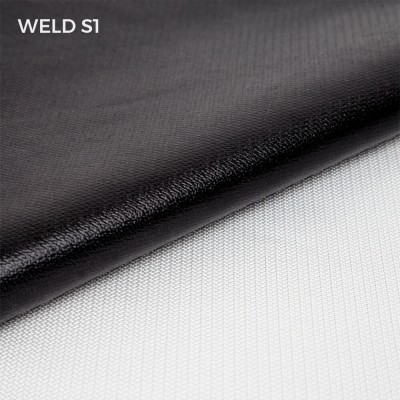Welding Blanket Material Guide: Types, Uses and Safety Tips
This guide explains different welding blanket materials, their heat resistance levels, safety features, and how to choose the right one for your projects. Learn about fiberglass, silica, and other specialized materials that protect against sparks and molten metal.
What Are Welding Blankets Made Of?
Welding blanket materials must withstand extreme heat while remaining flexible. The most common options are:
- Fiberglass:The standard choice (up to 1,000°F/538°C) with silica-coated versions reaching 1,800°F/982°C
- Silica fabric:Handles up to 2,000°F/1,093°C for high-temperature welding
- Ceramic fiber:For specialized applications up to 2,300°F/1,260°C
- Vermiculite-coated:Provides additional insulation against radiant heat
Choosing the Right Welding Blanket Material
Your welding blanket material selection depends on three factors:
- Temperature requirements:Match the material's rating to your welding method (MIG/TIG welding generates more heat than soldering)
- Durability needs:Fiberglass resists abrasion better than pure silica fabrics
- Chemical exposure:Some materials handle acid splashes better than others
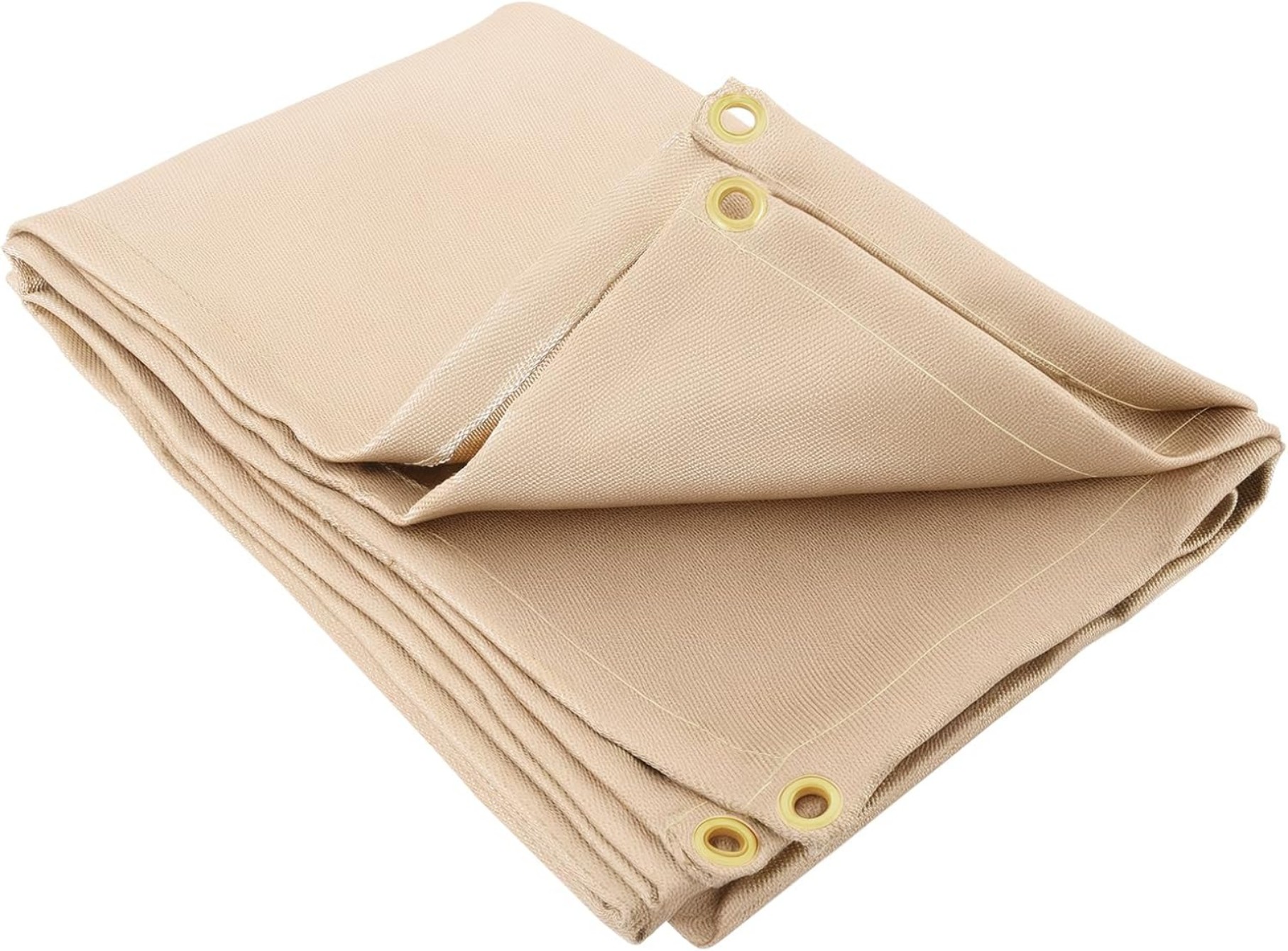
Safety Features of Quality Welding Blankets
Premium welding blanket materials include:
- Fireproof stitching that won't melt under heat
- Reinforced edges to prevent fraying
- Non-asbestos composition (modern safety standard)
- Low thermal conductivity to protect nearby surfaces
Always check for third-party safety certifications like OSHA or ANSI compliance.
Maintenance Tips for Welding Blanket Materials
Extend your welding blanket's life with proper care:
- Shake off slag and debris after each use
- Store flat or rolled - never folded (creases weaken fibers)
- Wash only when necessary with mild detergent (check manufacturer guidelines)
- Inspect for thin spots or holes before each use
Specialized Welding Blanket Materials
For unique applications, consider:
- Aluminized materials:Reflect radiant heat in foundries
- Carbon fiber-infused:For plasma cutting applications
- Multi-layer composites:Combine different materials for specific protection
Cost vs. Performance Considerations
While basic fiberglass welding blanket materials cost $20-$50, high-temp silica versions range $75-$200. Consider:
- How often you weld
- Potential damage costs without proper protection
- Blanket lifespan (quality materials last 3-5x longer)
Environmental Factors
Modern welding blanket materials address environmental concerns:
- Recyclable fiberglass options
- Low-VOC treatments
- Reduced crystalline silica content (respiratory safety)
Where to Buy Quality Welding Blanket Materials
Purchase from welding supply stores or reputable online retailers. Key indicators of quality:
- Clear temperature ratings
- Material composition details
- Manufacturer warranty (1 year minimum)
Remember - your welding blanket material choice directly impacts job site safety. Invest in appropriate protection for your specific welding applications.


